The Fantasy Wars: True Escapists vs. Power Hungry Activists
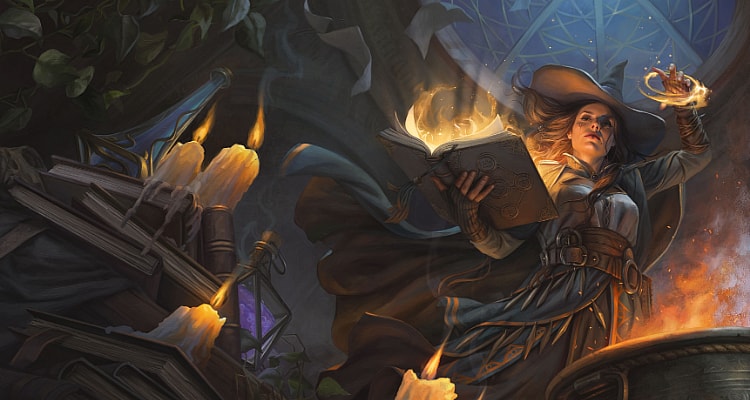
“Fantasy is escapist, and that is its glory. If a soldier is imprisoned by the enemy, don’t we consider it his duty to escape?…If we value freedom of mind and soul, if we’re partisans of
liberty, then it’s our plain duty to escape, and to take as many people with us as we can!” -J.R.R. Tolkien
Those words, spoken by the father of modern fantasy, are at the core of the genre.
The only limit within fantasy is your imagination; or at least it used to be. Now, a new plague has risen, and its infection has not only been spreading, but it has been festering – activism.
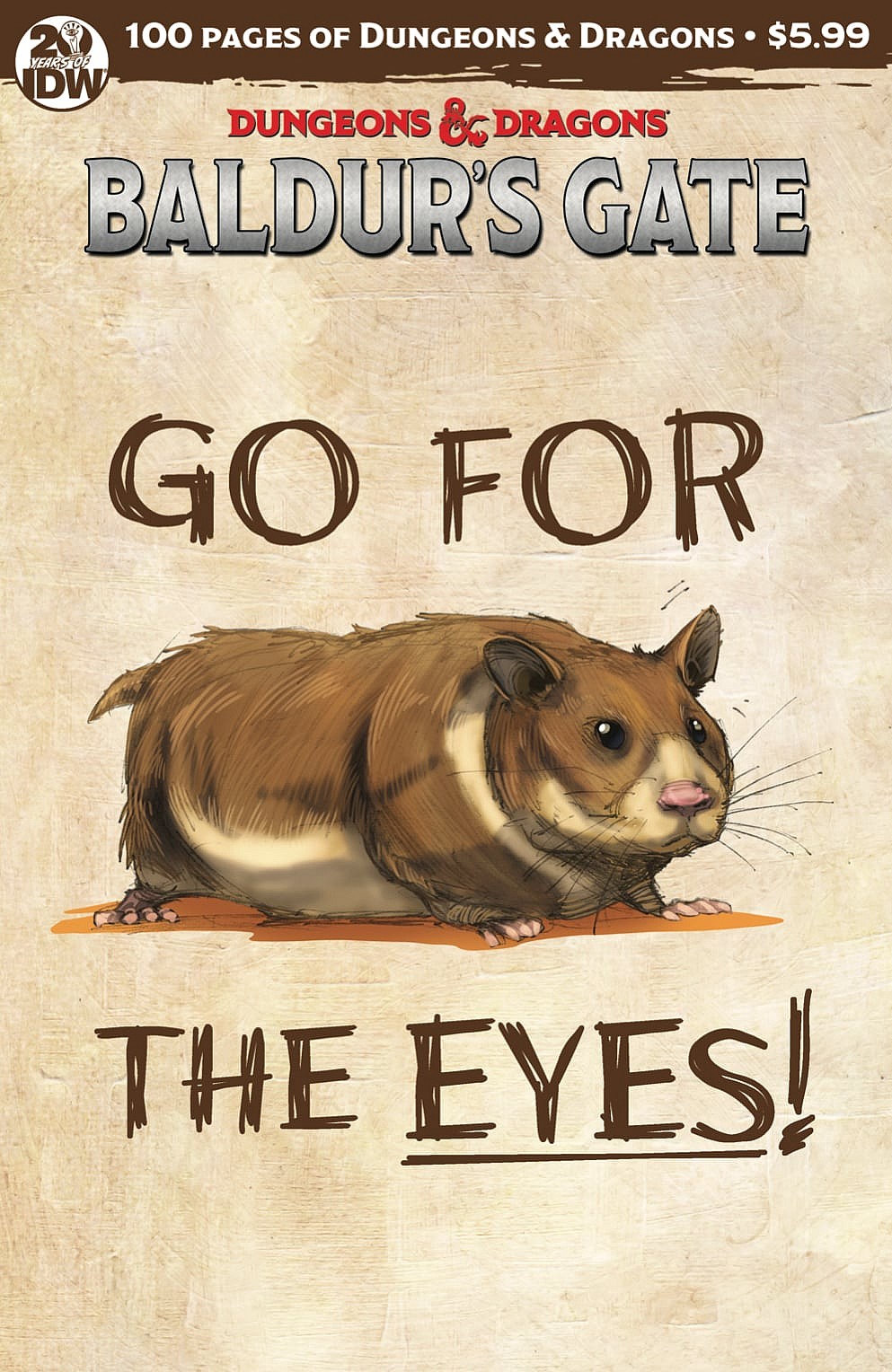
Disguised as virtue, activism has seeped into the foundation of fandom. A collection of imaginative, fun, accepting people of all shapes, sizes, colors, and creeds brought together by their love of IPs such as Lord of the Rings, Warhammer 40K, Doctor Who, Dungeons and Dragons, Discworld, and countless more are now at the mercy of disingenuous, disinterested attention seekers & shallow virtue signalers.
Simple questions would be asked to find common ground, learn about your fellow fan, and open up discussions that turn strangers into friends. “Who is your favorite character?” “Why?” “Would you be a mage or a tank?”

After a time, people who were neither familiar with the roots of the IPs or had any real passion for them began to take notice and their calculating minds driven by the disease of activism began to plot.
This particular group are not the “Normies” who are busy working and can’t really devote the time and energy into becoming an intricate part of the fandom but enjoy the escapism of the different universes when they can. No, this group is much more sinister, the “Trendies.”
The simple questions referenced above that no true fan would find insulting or upsetting, are now decried as gatekeeping, misogynistic, and toxic.
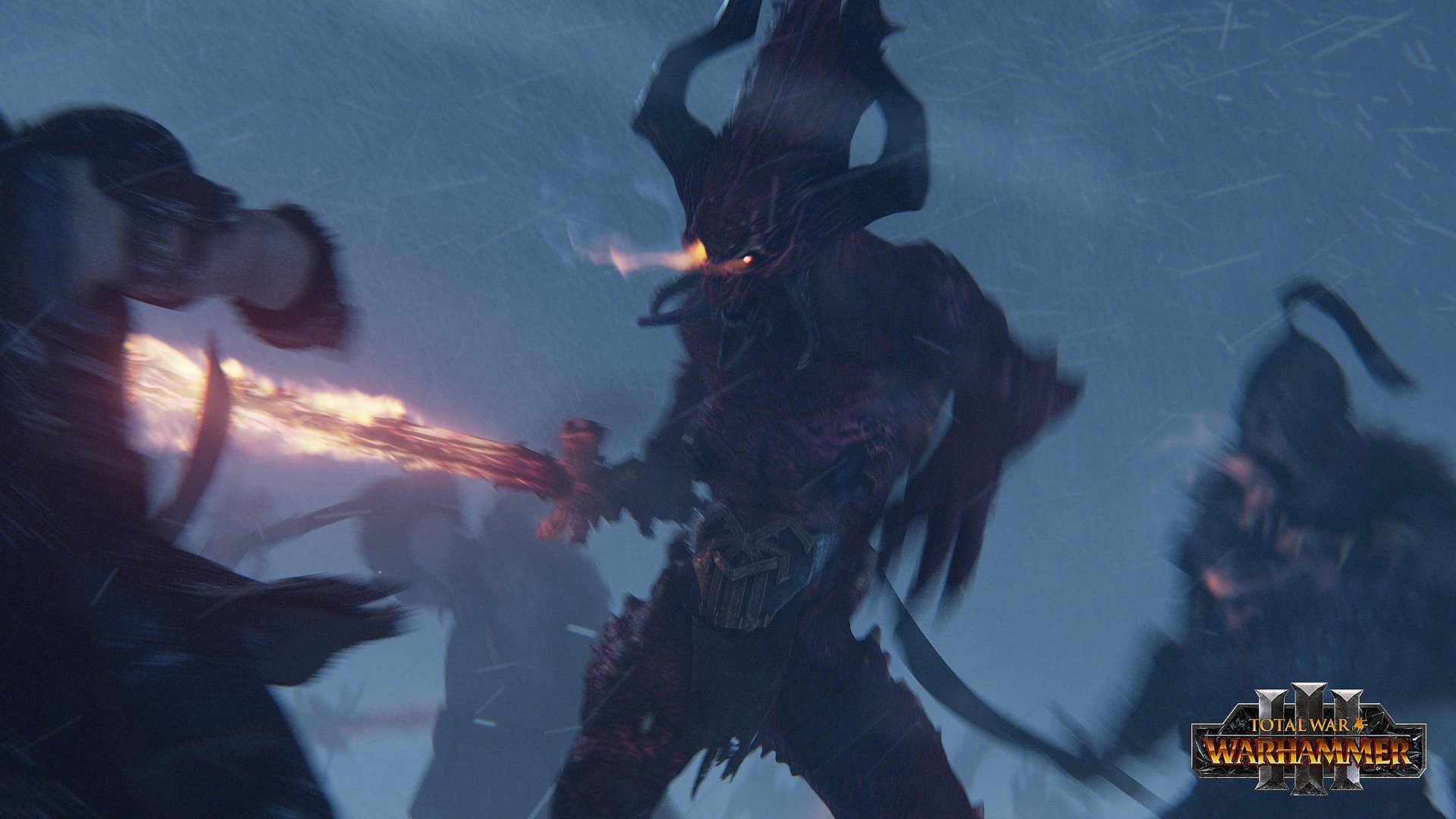
A culture built around understanding the human condition by building bridges that linked souls directly through imagination is now being crushed by ‘Trendies’ and women who want to be worshiped as ‘Queen of the Nerds’ without doing any research or even cracking open the source material (see Harvey Weinstein’s former personal assistant publicly begging for her own Star Wars series, practically any current female author of ‘Young Adult’ genres or are in the comic book industry, and the current state of cosplay for reference).
Men who had delivered fantastic stories and surreal universes were now shamed and shunned.
Now, instead of strong men with a vision of a better future at the helm, ‘Trendies’ have taken over the ship, blasted holes in the hull, and congratulate each other on destroying the evil men of the world that dared to tell stories the ‘Trendies’ didn’t like as the ship sinks with them aboard.
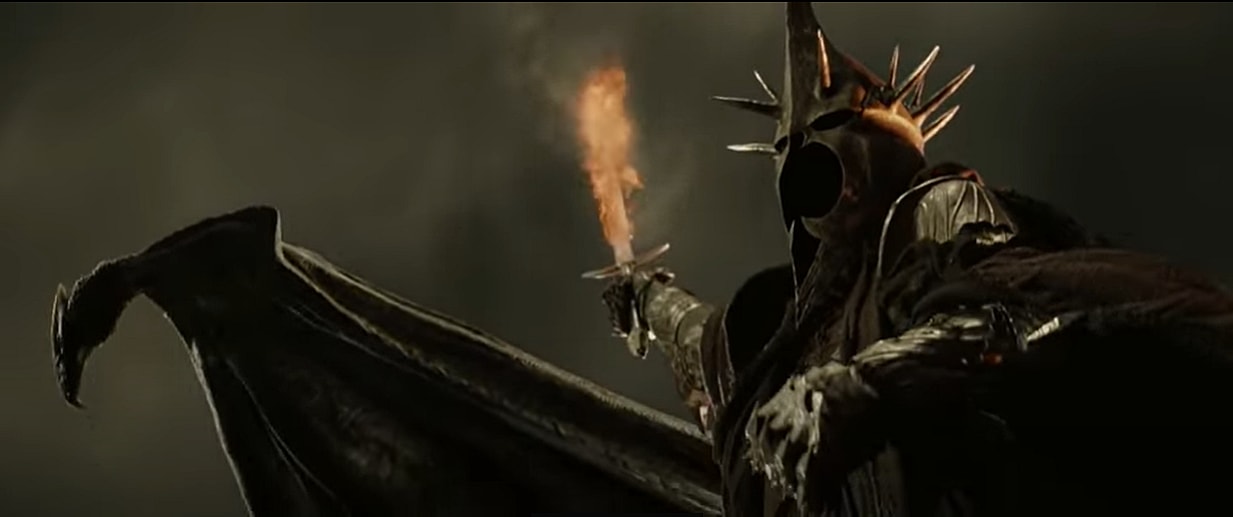
‘Trendies’ are in every facet of the culture, and they are attempting to force their will and their nihilistic dystopia on to those seeking refuge from mundane, daily routines and lives.
One of the ‘Trendies’ are the online site The Public Medievalist, who churned out the previous article “Dear Tolkien Fans: Black People Exist” that was highlighted by YouTuber JustSomeGuy.
The site is striking out again, this time against long-standing tabletop role-playing game Dungeons and Dragons (D&D), which has been hammered with woke mob threats and calls for cancelation recently.
Their recent article Improving Dungeons and Dragons: Racism and the “Barbarian” (IDDRB), written by Paul B. Sturtevant, attempts to present itself as a scholarly, researched journal by offering outdated theories and quotes with no context or counter.
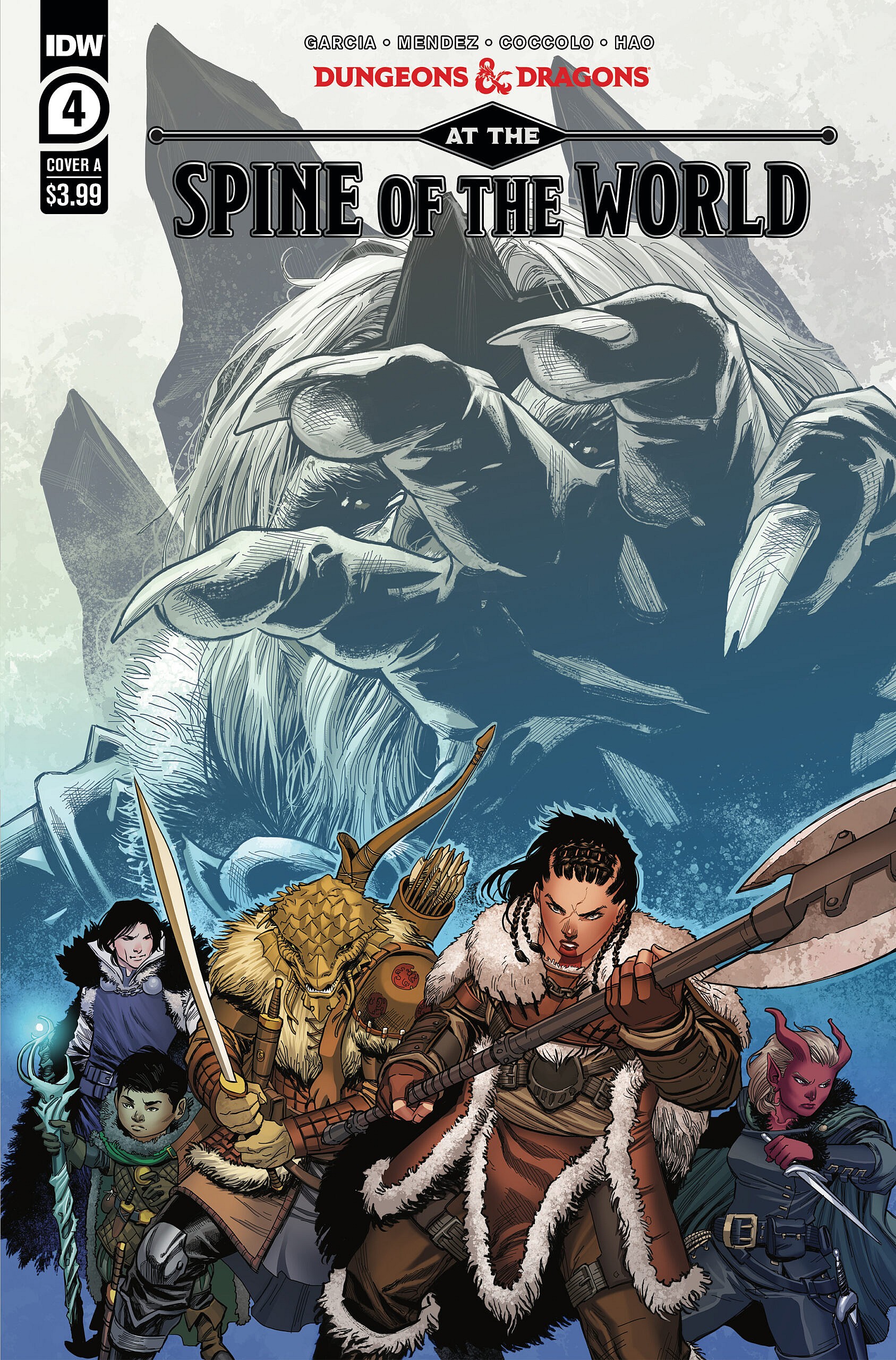
However, the article wastes no time in accusing the game of having racism built into core aspects. Sturtevant also describes the fandom surrounding D&D as deeply hostile and that they reject criticism.
He even claims the game is finally going through a long overdue reckoning. A reckoning that should not be exclusive to D&D, but all fantasy franchises should face it.
It’s not really a reckoning rather Wizards of the Coast, the company behind D&D, bending the knee hoping they would not be decapitated if they gave in.
However, they exposed their neck, and frothing at the mouth, ‘Trendies’ from The Public Medievalist are going for humiliation in the public square before dropping the axe.
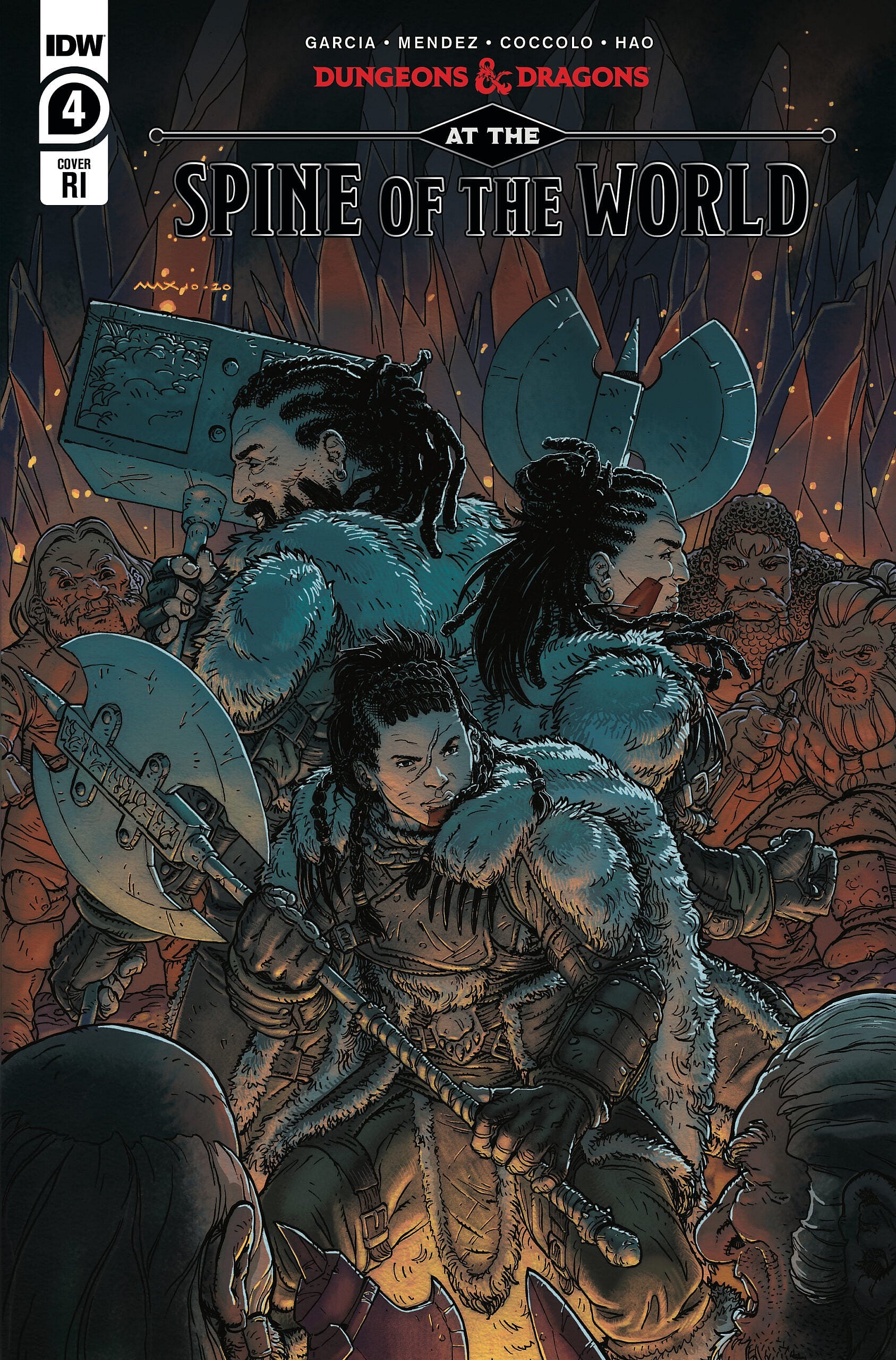
The Public Medievalist is in an unthinkable fury over character descriptions, introductions, and class paths, specifically those of the barbarian.
Referencing the Player’s Handbook, Sturtevant takes issue with barbarians as a whole claiming they are governed by rage, “the one emotion that is socially acceptable in the framework of toxic masculinity.”
From there, he takes issue with the two different paths the barbarian can choose from, the Path of the Berserker, which he ascribes to Vikings, and the Path of the Totem Warrior. He claims the Path of the Totem Warrior “culturally appropriates Indigenous cultural and religious practices.”
He goes on to claim that the Path of the Berserker is the “far less racist” path.
Nevertheless, he still claims it is racist, just not as racist as the other path. And his main reason for doing so is the use of the term “savage.”
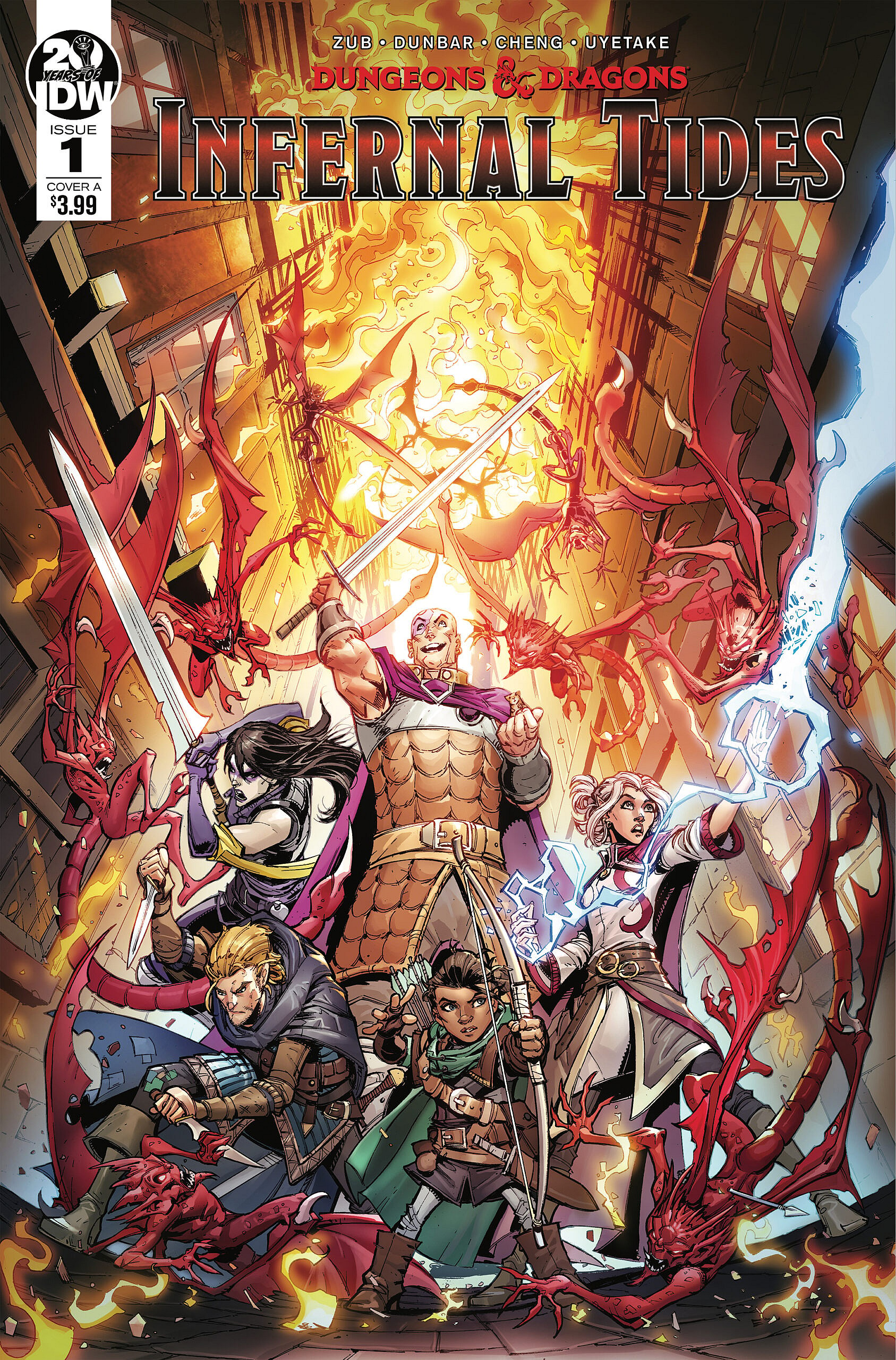
While decrying the bigotry of the “noble savage,” Public Medievalist are guilty of the bigotry of low expectations. Sturtevant cites the long discredited and extremely racist notion that Orcs somehow represent black people. He even goes on to accuse Tolkien of planting the seeds of their own racism while sardonically calling him the father of the genre.
While taking issue with the word ‘savage,’ he writes, “The word is most often applied to orcs and half-orcs. Several essays have laid out plainly how orcs have long been coded as people of color. This is true in D&D, and has deep roots that go back to the father of the genre, J.R.R. Tolkien.”
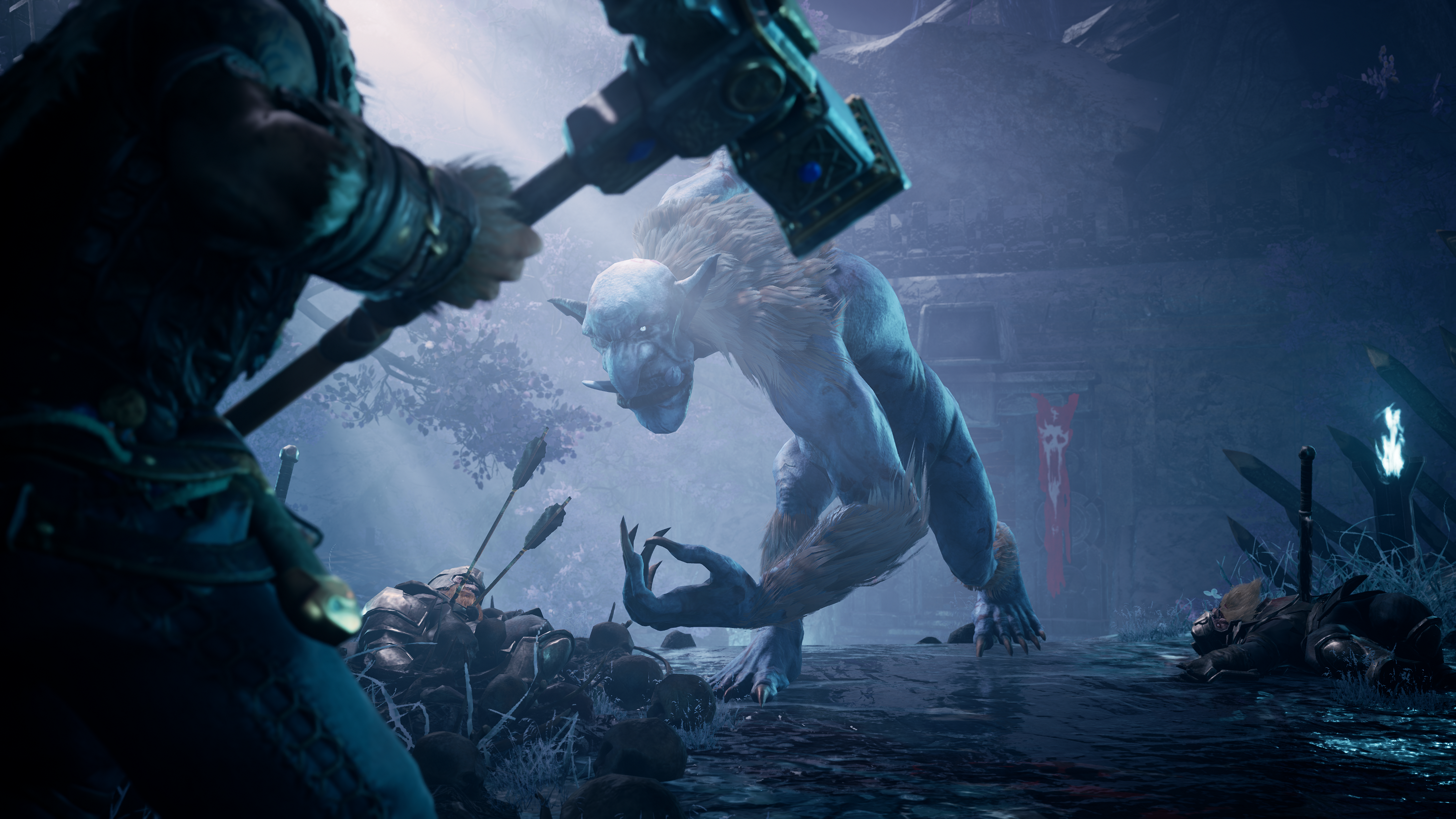
Deeper into IDDRB, Sturtevant briefly and incorrectly pulls out the theory of degeneration to discredit the game’s depiction of troglodytes. He claims the theory was “used by European thinkers eager to believe that everything-and everyone- in the New World was weaker and less capable.”
This is not only false but paints an entire continent with multitudes of peoples with an androgynous, racist brush.
For a reference point, without looking it up, which of these individuals’ works are you familiar with? Charles Darwin, Johann Blumenbach, or Robert Knox (no influence or connection to Fort Knox).
Most likely, you recognized Darwin – the other two, and others, were the nihilists of their day, who were authoritarian extremists who feared that pure races were needed for strength.
As Darwin’s theory & genetic knowledge proved, that was false, and the theory is now an example of science based off prejudice rather than fact. (You can learn more about degeneration theory and how it’s been discredited, in no small part to Darwin rejecting it, here: http://www.artandpopularculture.com/Degeneration).
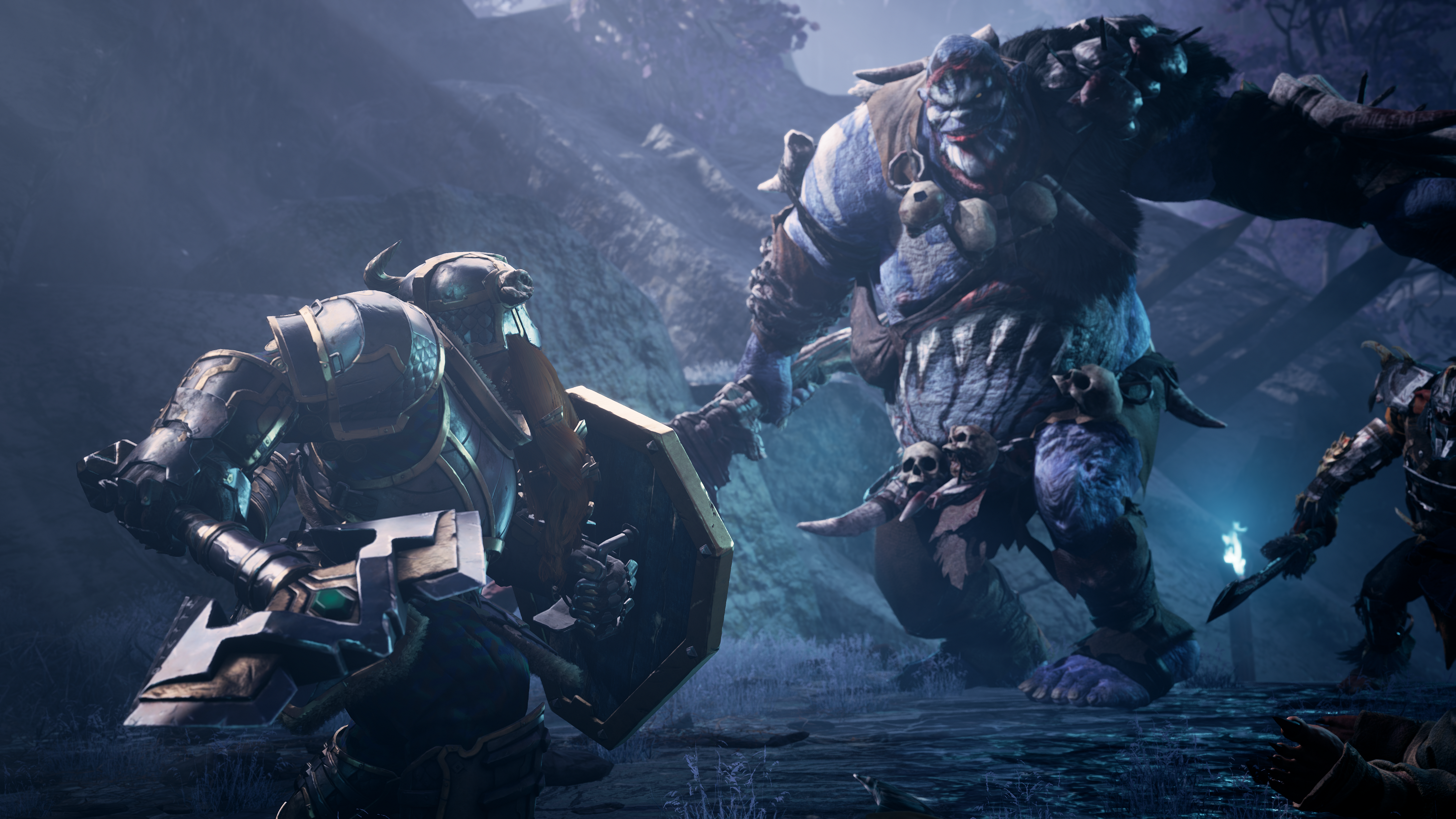
Sturtevant would eventually get to the heart of his ‘Trendies’ argument, the buzzword talking point believed to be untouchable, cultural appropriation.
Yes, I’m shocked it took them so long to bring it up as well but bring it up they have. Sturtevant turns his attention to the Path of the Totem Warrior and claims that it’s description and use ot the phrases “spirit animal,” “totem animal,” and “spirit helper” are offensive and reductive appropriations of Native American culture.
While history has thousands of years documenting mankind’s fascination with an afterlife, immortality, spiritual powers, and animal relationships with these ideas, often times depicted as gods in part or as a whole, these facts are disregarded by The Public Medievalist.
It doesn’t matter that ancient Mayans, Egyptians, Norsemen( whom they referenced earlier in the IDDRB article regarding Berserkers and shape-shifting bears), Arabians, and more civilizations that have risen and fallen through the millennia have some depiction of animals in one aspect or another.
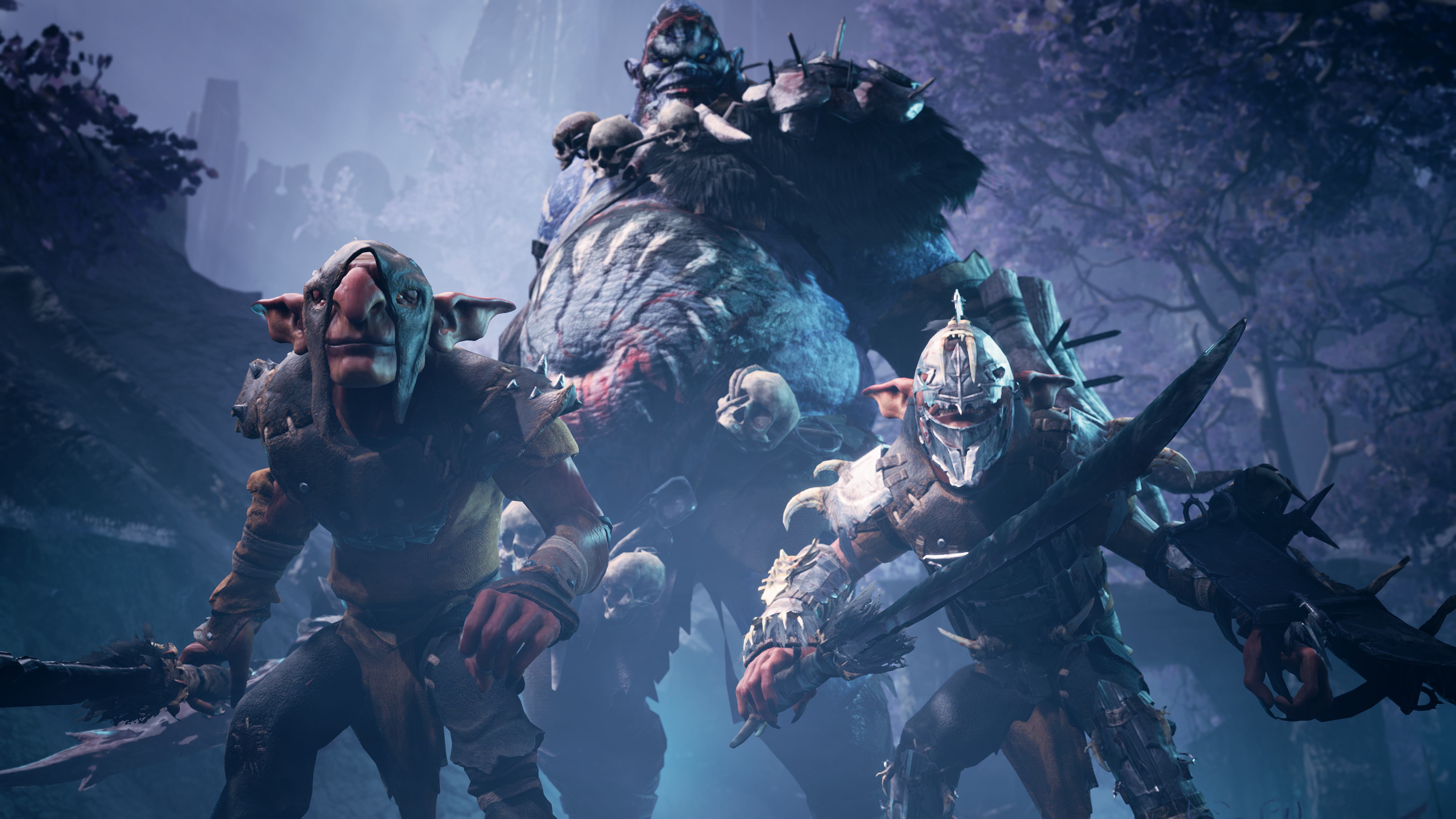
Never mind any of that, according to Sturtevant D&D is guilty of Native American cultural appropriation only, meaning once again, the writers at The Public Medievalist are treating humans as sub-sections based on the color of their skin rather than the soul within.
After accusing D&D of being harmful to Native American culture, the IDDRB article goes on to weaponize quotes from the “Declaration of War Against Exploiters of Lakota Spirituality” (which you can find in full here: http://sterneck.net/ritual/lakota-spirituality/index.php) for their own end by removing the quotes’ original context and shoehorning them into the IDDRB’s context.
The declaration calls out “non-Indian ‘wannabes,’ hucksters, cultists, commercial profiteers, and self-styled ‘New Age shamans’ and their followers” who would exploit their traditions and actually practice a bastardization of their heritage.
It does not say that fantasy worlds are the problem, but that people who pretend to seek enlightenment and mix Native practices with practices like “neo-paganism” and “shamanism” should not and will not be tolerated among other things.
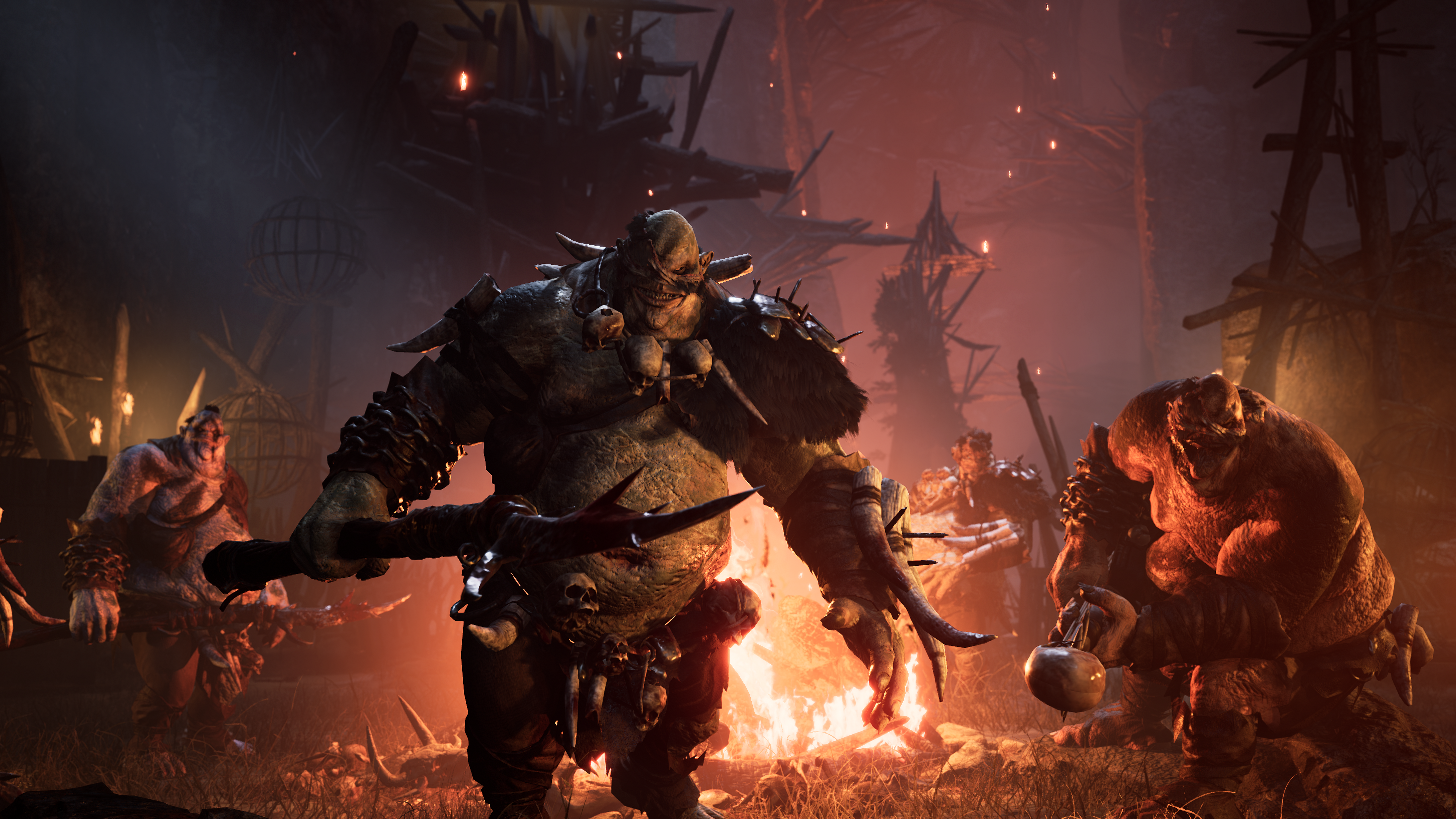
Now to the always guilt ridden, self-awareness lacking “What Can You Do?” section.
This one doesn’t disappoint as it pitches a Kickstarter campaign and then goes on to say that if you’re not an Indigenous player of D&D, you should “Avoid the Orc/Half-orc Barbarian stereotype.”
He also instructs non-Indigenous players to “banish the words savage, and degenerate from your vocabulary” among other things, but the last item is truly telling of their intentions.
He tells players of D&D “Or, perhaps, choose another roleplaying game altogether.” That’s right, they want people to abandon the game entirely and punish D&D devs for showing the brutality of certain fantasy races in ways they deem unacceptable and offensive because the D&D devs don’t check enough boxes.

‘Trendies’ lack the vision, creativity and originality to take the plethora of lore and tools at their disposal to build anything new, anything that can inspire, and instead seek to destroy it all so that they believe there is nothing left to compare their shortcomings against.
The only thing that can top their expectation of D&D players, is how IDDRB ends, with a list of demands for Jeremy Crawford or anyone that works at Wizards of the Coast who might see and read their words.
They truly want their 50-layer cake and to eat 100 of them too. They’re even honest about how it will cost money and fans, but that it’s for a moral good and new communities and future generations will keep embracing the game if Wizards of the Coast meet the listed demands. Which is a strange comment, because they just spent an entire article saying that these communities and generations weren’t embracing the game as it is.
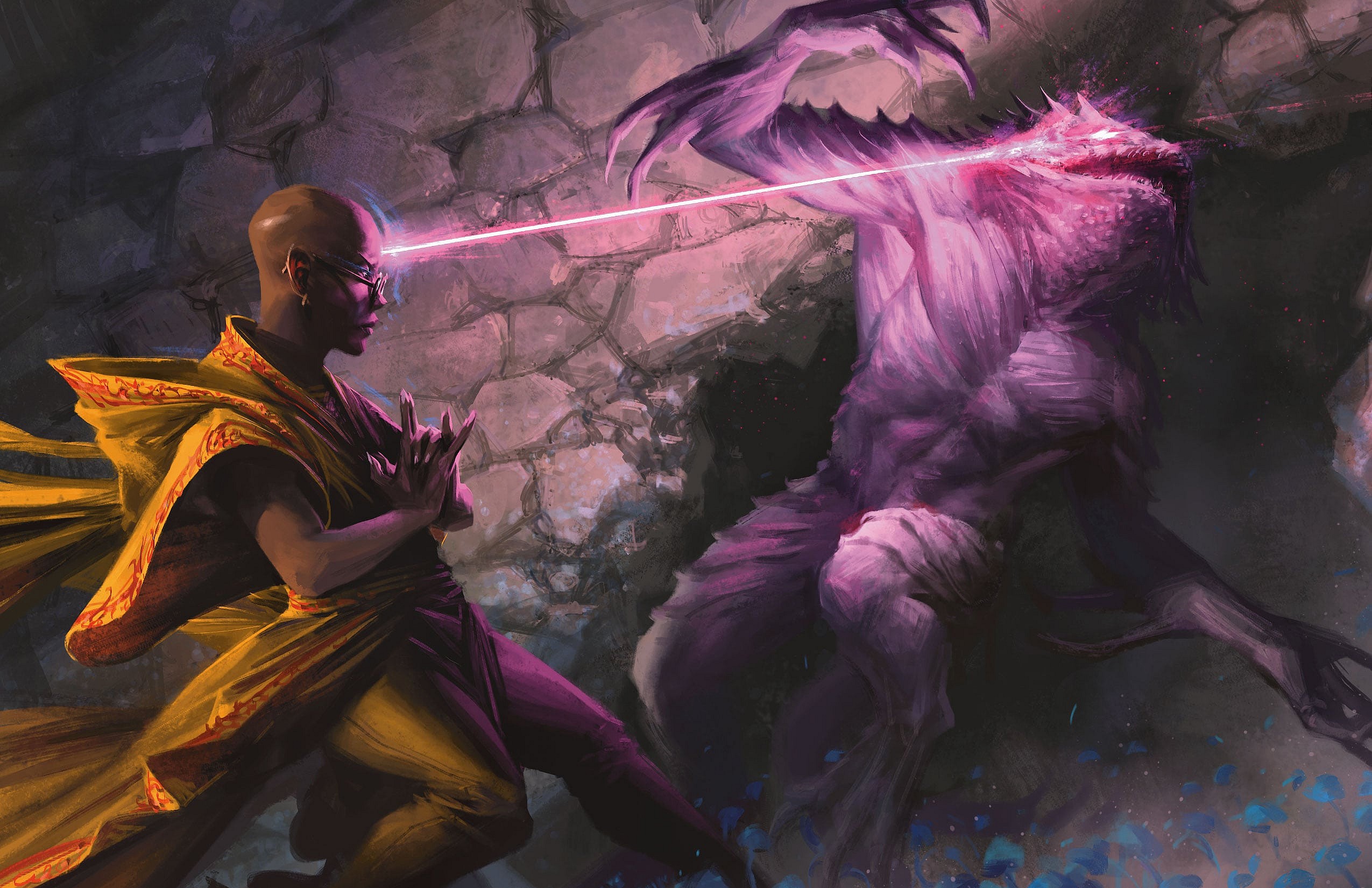
Improving Dungeons and Dragons: Racism and the “Barbarian”, much like when the One Ring was picked up by Bilbo Baggins, did something unintended. It shone a light on how embedded ‘Trendies’ have become in fantasy culture and how willfully ignorant and hateful they are.
Rehashing angry and bitter ideas of self-loathing and discontented people, referencing a century’s old discredited theory to make it seem like a current issue, insulting people of every race and creed by segregating them based on the color of their skin and geographic location, demanding more changes be made or have everyone abandon the game and the fantasy genre as a whole are merely symptoms of the disease.
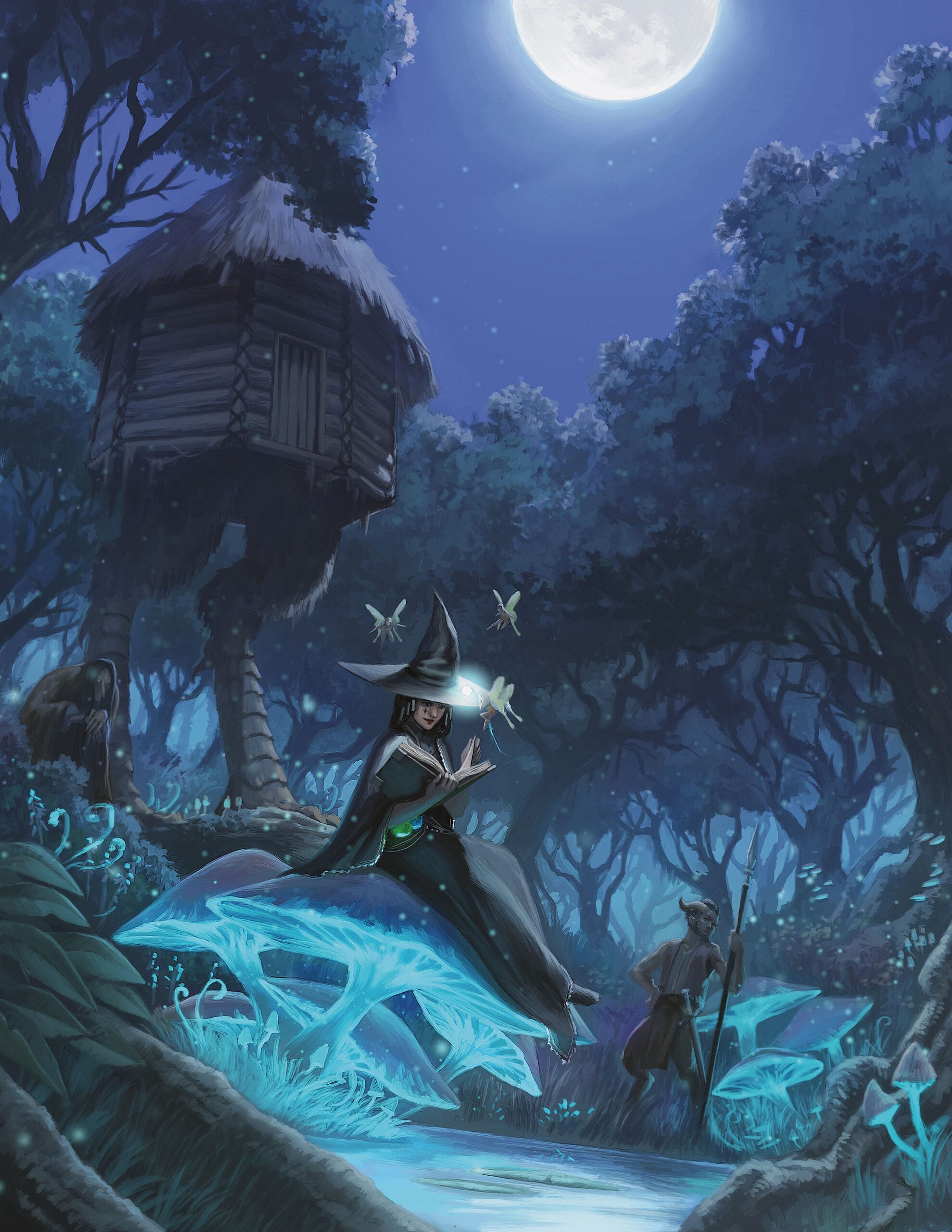
Activism, a product of envy, drips from every sentence of IDDRB and the proof is the fact that rather than do something about it themselves and create their own IP built off all of their ideals and rules, they want someone else to do the “work” and bask in the ‘relevance.’
Perhaps if Sturtevant spent more time engaging with his fellow man, asking questions and familiarizing himself with the source material by simply reading, playing, etc. and enjoying it, they would realize what Professor Tolkien, and indeed fantasy, have been expressing this entire time. Something that true escapists understand.
That the bonds between us run deeper than what you can see on the surface. They are the shared life struggles and continuous ability to overcome that echo through our very souls.
